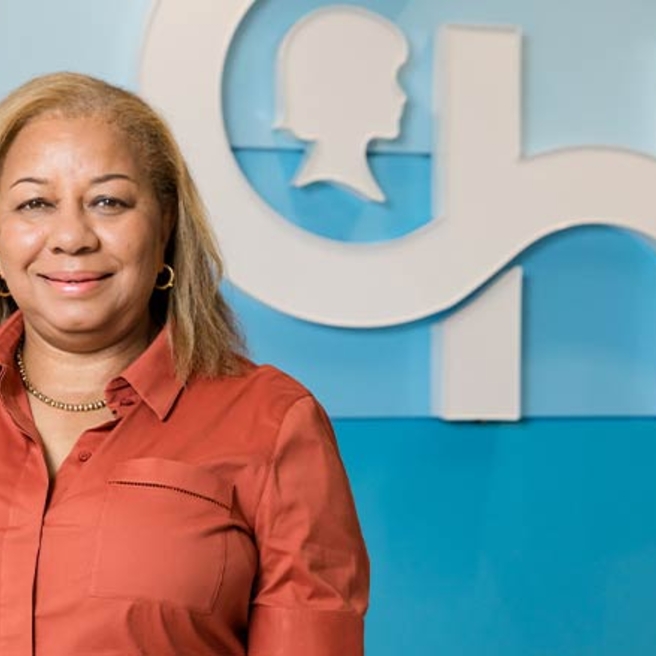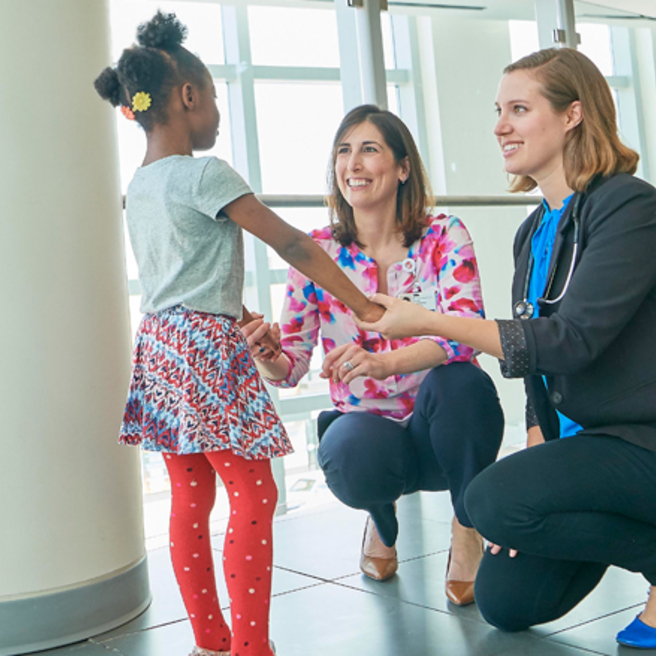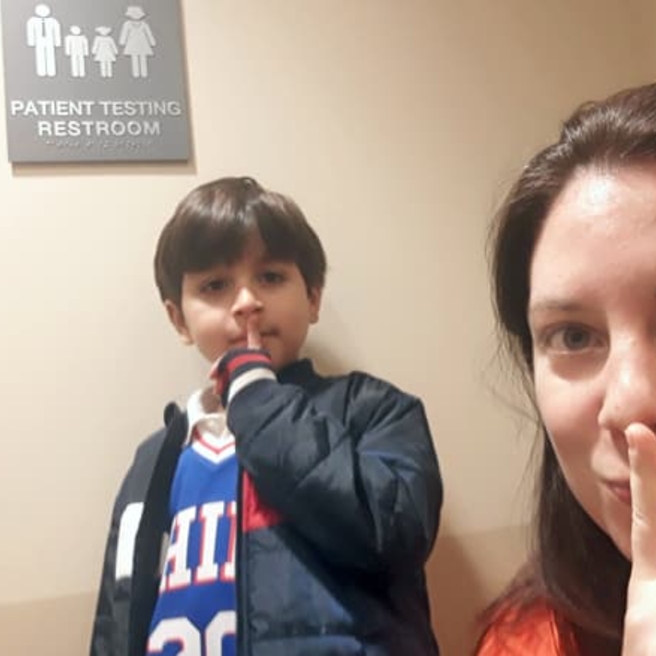Children and Youth Are in Crisis

We're Making Progress Through Advocacy, Partnerships and New Programs
In the dozen years since Tami Benton, MD, assumed leadership of the Department of Child and Adolescent Psychiatry and Behavioral Sciences, CHOP has added behavioral and mental health staff across the institution, created new clinical programs and developed partnerships to treat more children in the hospital, in the CHOP Care Network and in the community.

Mental Health: It Takes a Village
A Q&A with Tami Benton, MD, who has led the Department of Child and Adolescent Psychiatry and Behavioral Sciences since 2010.

Treating the Whole Child in One Place
Putting behavioral health services in primary care offices makes it easier for families to get their children the treatment they need.

Helping Kids Cope with Bladder Problems
Learn how CHOP Urology’s dedicated pediatric psychologist can help kids cope with emotional issues caused by bladder problems.
We Need Your Voice to Help Resolve This Crisis in Children’s Mental Healthcare
Support through advocacy
Often federal resources to address mental health do not make their way to children or their pediatric mental and behavioral health providers. The Helping Kids Cope Act would take important steps to begin addressing the children’s mental health crisis through three new grant programs, specifically designed to bridge this gap.
Check the cosponsor list to see if your representative is supporting the bill (enter your zip code here to identify who represents you). If they are on the list, please thank them! If not, ask them to cosponsor the Helping Kids Cope Act (H.R. 2412).

From Big Emotions to 'Coming into Her Own'
CHOP has given Effie and her family the tools to help her manage disruptive mood dysregulation disorder, anxiety and ADHD.

Therapy, Meds Help Molly Manage Anxiety and ADHD
The pandemic exacerbated Molly's difficulties. Care from CHOP has allowed her to shine and reach her potential.

Therapy at CHOP Gives Rohan Confidence
Trouble with executive function was holding Rohan back. Now he sees a bright future that includes college and beyond.
We're Committed to Addressing Barriers to Access
Our current locations and staff are not large enough to serve all the children and youth who need behavioral and mental healthcare, so CHOP is making significant commitments to open new facilities and add staff. These exciting developments will allow us to provide additional access to the appropriate level of care — whether that is routine or intensive outpatient appointments, inpatient treatment, or crisis care.

We Need Your Support to Spearhead the Next Era of Behavioral Healthcare
Support through philanthropy
Accomplishing that will require significant investments as we build capacity and infrastructure in the form of space, staffing and research. CHOP is a national leader in specialized behavioral healthcare, and in addition to our own enterprise-level investments, we depend on generous support from donors like you to bridge significant funding gaps.
To learn more about getting involved in this historic effort, please contact the Doug Kleintop at 610-428-6934 or kleintopd@chop.edu.
Bringing Services to Schools and the Community
While expanding and building physical space for behavioral and mental healthcare is important, to meet the tremendous need, we also need to partner with our local communities to identify the needs and provide services — in the community — that have a positive impact.

Support in City Schools
A new three-year program will bring research-backed behavioral health interventions to more Philadelphia schools.

Community Support for Suicide Prevention
Suicide is the second-leading cause of death in children and young adults ages 10 to 24. This center wants to change that.

Addressing Trauma in West Philadelphia
One of the key elements of the Healthier Together Initiative, CHOP's commitment to tackling the social determinants of health, is to help kids overcome trauma and grow resilience.